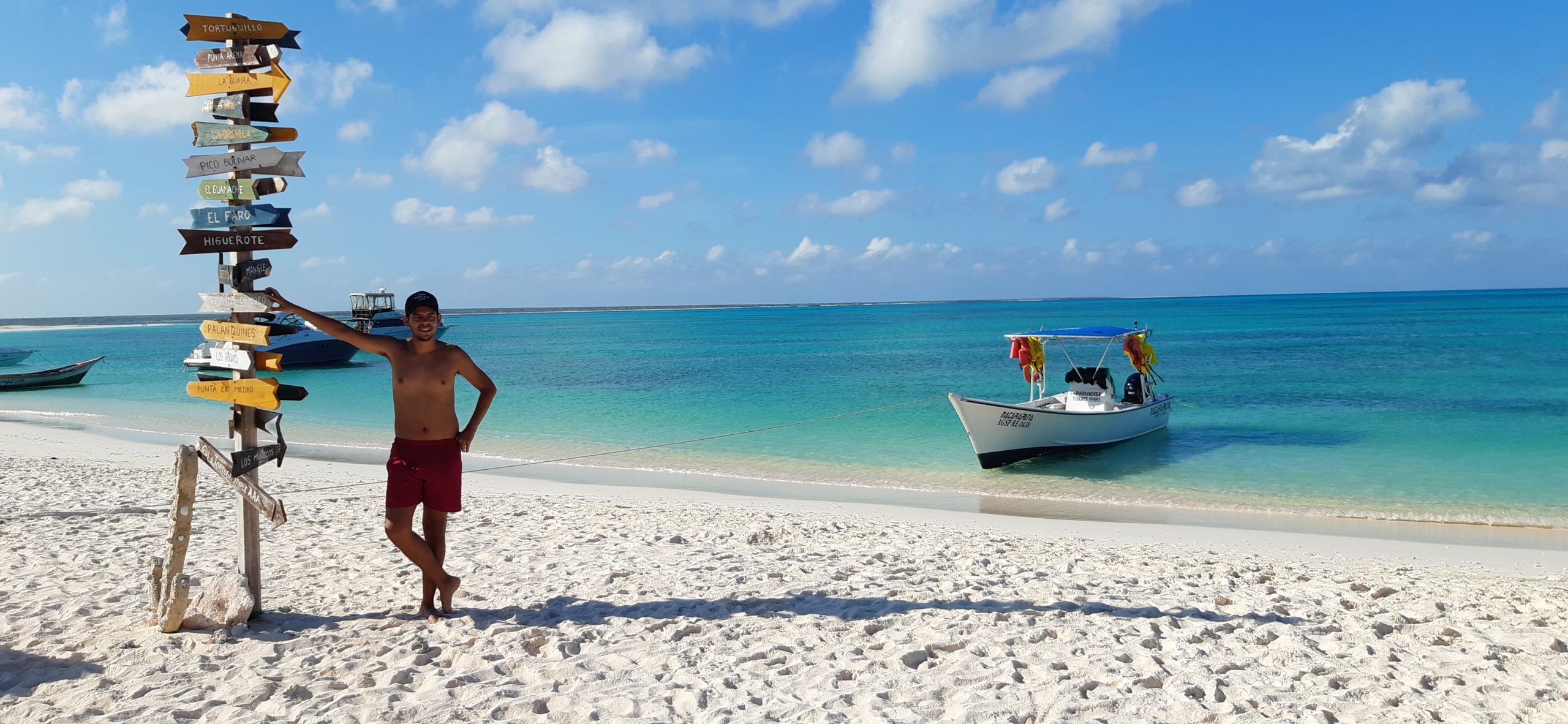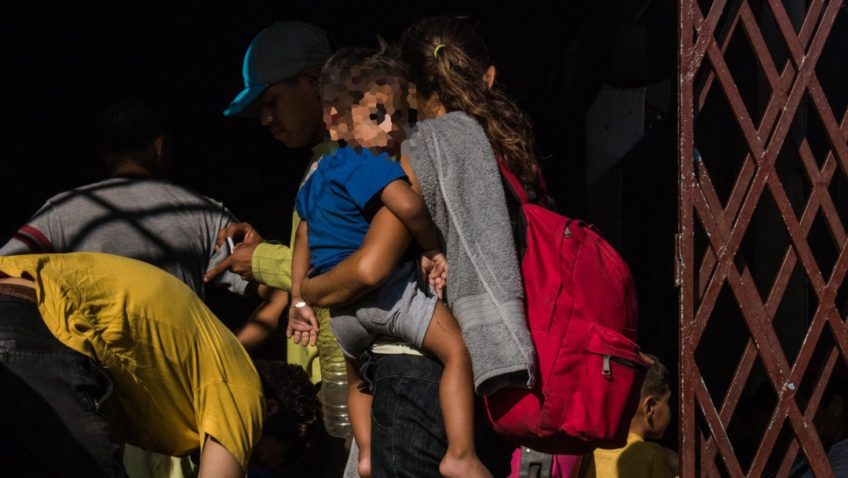The decision of the prosecutor of the International Criminal Court (ICC), Karim Khan, to visit the country in the next few days has brought suspense to the conclusion of the preliminary examination on Venezuela that is being carried out by the Court for the alleged commission of crimes against humanity during the government of Nicolás Maduro.
Venezuelan news outlet Efecto Cocuyo interviewed Simón Gómez Guaimara, an expert in international law, to learn how Khan’s visit affects the process that the ICC is leading against Maduro and senior officials of his government.
– What has delayed a determination on the preliminary examination? Last July, the prosecutor was given the green light to make his decision public on whether to open or not an investigation against senior officials of the Maduro government.
– The expectation, at that time, was considerably high because we did not see on the part of the Venezuelan State the will to investigate, prosecute or punish those responsible in a genuine and serious way. What has happened is that the ICC prosecutor has made himself available to the Venezuelan authorities, the government headed by Nicolás Maduro, and the country’s “justice” organs to initiate conversations.
The reason why the determination has not been announced is that the prosecutor is allowing the Venezuelan authorities to comply with the principle of complementarity, which is being analyzed by his office in the context of the preliminary examination. It is a final vote of confidence that seeks to serve as a stimulus to the Venezuelan State so it can genuinely advance in serious investigations and prosecutions of the crimes.
We can say that the scenario has slightly changed from a few months ago. The visit by the prosecutor hints at the fact that the preliminary examination will not conclude in December when the ICC’s annual report will be presented; In other words, we will have to wait until 2022, which may be seen by some as a delay or a reason for concern, but it may also be seen as a pressure mechanism that serves as a stimulus for the Venezuelan State to investigate, judge and sanction.
– What does the visit of the prosecutor Khan imply? Is it a hibernation of the preliminary examination?
– More than hibernation, there is an effort of persuasion on the part of the prosecutor’s office so that the process that began in Venezuela regarding judicial reform and some prosecution initiatives is carried out under the parameters of the Rome Statute. Kha is allowing time for this to happen.
This does not mean that the prosecutor is biased in favor of the Venezuelan authorities. On the contrary, he is listening and paying a visit to see first-hand the initiatives that the State is currently undertaking. He is putting the ball in the court of the Venezuelan State and his announcement will depend on how the State delivers, whether or not it undertakes a genuine and adequate strategy to investigate and judge. This will have to be evaluated by Khan in the context of the absence of independent judges.
So far, we have seen that the performance of the Venezuelan State is not consistent with international standards.
– Do you think the preliminary examination will be put on hold?
– The prosecutor could pause the conclusion of the examination, but the process will remain open. The examination goes on and this visit will be a part of it. The examination is not on hold, it continues its course.
– Hadn’t the ICC prosecutor already assessed the principle of complementarity and ruled that acting in the Venezuelan case is within its competence?
– The analysis made by the previous prosecutor (Fatou Bensouda) showed us a clear position regarding the requirements of admissibility, including the principle of complementarity. Then we witnessed the action of the Venezuelan authorities and the prosecution of some of the perpetrators, which suggests that the prosecutor is trying to evaluate the initiatives. This does not mean that Khan is siding with the government; again, he wants to look at what is going on in the country.
What we are questioning about the domestic prosecution is that it does not consider the responsibility of the people who make up the chains of command and high-ranking officials. But the most serious issue is that it is not considering the crimes that are the object of the preliminary examination, which includes torture, arbitrary detentions, and sexual violence, among others.
– What are the most likely scenarios after the announcement of the prosecutor’s visit?
– There is an ideal scenario and a more realistic one. Ideally, the Venezuelan authorities will take seriously their obligations regarding impunity. Under this scenario, the Venezuelan State will carry out a serious negotiation to reform the justice system, which was one of the topics of the Mexico talks, resume the negotiation, and advance actions that pave the way for the institutional reform of the justice system that allows the prosecution of the perpetrators at all levels.
Then there is a realistic scenario marked by skepticism. We do not see firm and serious political will and it seems that the government is trying to buy time again. But the strategy of buying time is going to stop being functional at some point and this is what the Venezuelan authorities must weigh.
Translated by José Rafael Medina




